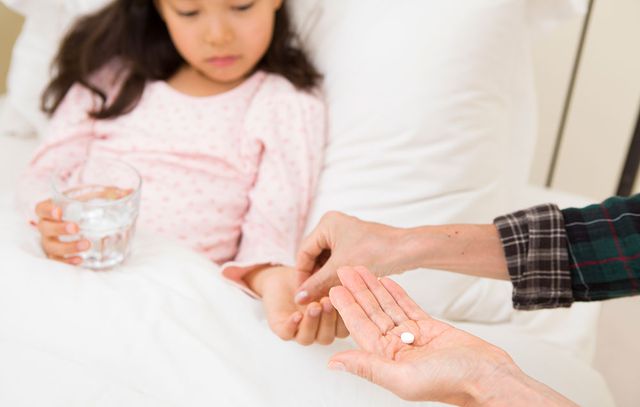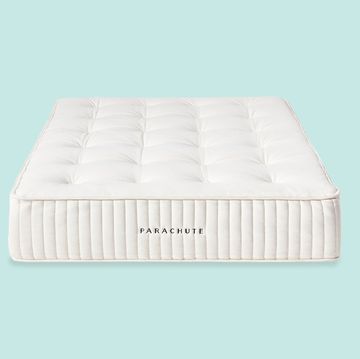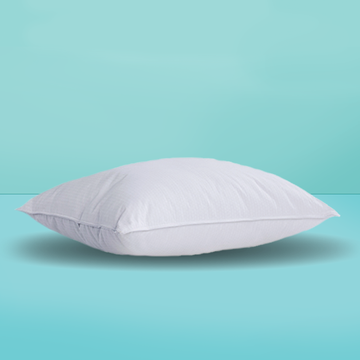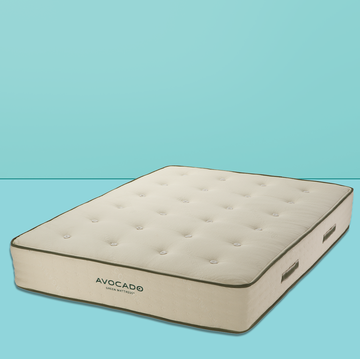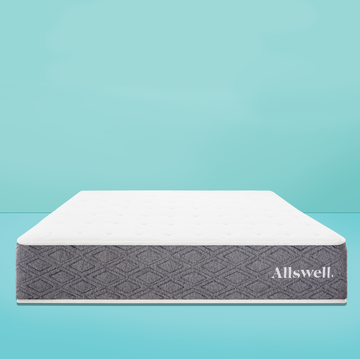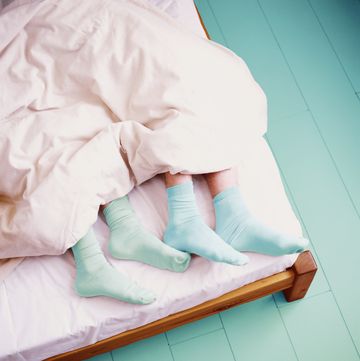This story originally appeared on Rodale’s Organic Life in July 2017.
No one is immune from sleep disturbances—unfortunately, not even children. In fact, it is reported that one-quarter of healthy children and three-quarters of kids with neurodevelopmental or psychiatric disorders struggle with sleep. The reasons young people suffer from sleep issues vary and may include worrying about academic responsibilities, too much screen time, or adverse effects from ADHD medication.
When children do not sleep enough for prolonged periods of time, they experience unpleasant side effects: negative thinking, difficulty regulating moods, and poor concentration, to name a few. As a result, it is no surprise that parents often feel desperate to find a solution for sleeplessness in their kids. One such therapy is synthetic melatonin.
What is melatonin?
Melatonin is a naturally occurring hormone secreted in the brain. It is responsible for regulating sleep and wake cycles, commonly referred to as circadian rhythms. Melatonin levels typically increase in the evening when the sun goes down, remain high through the night, and drop in the early morning when the sun comes up.
Synthetic melatonin is a supplement—available over the counter—used primarily to combat sleep issues. Fast-acting melatonin aids people with difficulty falling asleep, while slow-release formulas promote staying asleep. Deciding to give a child melatonin, however, is not as simple as taking a pill. Research available on the safety and efficacy of melatonin for children indicates that parents should proceed with caution.
The side effects of melatonin
Current studies on humans and animals have revealed that melatonin influences several physiological systems, including reproductive, cardiovascular, immune, and metabolic. More specifically, this body of research shows that synthetic melatonin produced negative effects on the reproductive systems of rodents, sheep, and primates. Although rigorous, long-term clinical trials have not yet been conducted on humans, scientists believe puberty could be impacted by the use of melatonin.
Additionally, the American Academy of Pediatrics (AAP) stresses that, since melatonin is not available by prescription, the FDA is not involved in quality control of the supplement and, therefore, the dosing on the label may not match what is inside the pill. While melatonin appears to be effective in reducing the time it takes to fall asleep and stay asleep in both adults and children, the APP also highlights that there is “considerably” less data available on melatonin’s effects on children.
A report published by the National Institutes for Health (NIH), however, indicates that melatonin use for certain children with insomnia might be appropriate. For instance, for children diagnosed with sleep disorders such as delayed sleep phase syndrome (difficulty falling asleep), the use of melatonin coupled with regular physician follow-up may prove effective. The American Academy of Sleep Medicine also found that children on the autism spectrum experienced a significantly improved sleep experience with the aid of melatonin.
Why can't my kid sleep?
Before considering melatonin supplements, all experts agree that parents should first evaluate the underlying causes of sleeplessness. Through dialogue, parents might discover that stress—whether from school or home—is at the root of their child’s issues. Or perhaps the environment is not conducive to sleep: the bedroom is not dark enough or not the ideal temperature. Use of caffeine, side effects of medications, and medical or psychiatric problems also might be causing your child’s insomnia. Meeting with a pediatrician to rule out an underlying medical condition is another important step toward resolving poor sleep.
It is also possible that a developmental milestone—versus a medical problem—is causing a disruption in sleep. Pediatrician, Dr. TJ Gold at Tribeca Pediatrics in Brooklyn, New York said, “Pre-pubescent children commonly experience changes in sleep patterns, some disruptive and persistent while other times, it is just a temporary phase. The acceleration of hormone production can contribute to this, as well as poor sleep hygiene before bedtime.”
Reinforcing the value of excellent sleep hygiene is another critical piece of the puzzle. Good sleep habits include going to bed each night and getting up in the morning at the same time, even on weekends. It also means avoiding stimulating activities before bed such as using electronics, watching television, exercising, or even tackling big school projects. Lastly, older children can try getting out of bed for a quiet activity after 30 minutes of tossing and turning.
Dr. Gold added “The first thing to look out for in adolescents is screen time too close to bed. This means using a Kindle, cell phones, watching a show on the iPad, and texting. I always recommend shutting down all screens at least 90 minutes before a regularly-scheduled bedtime.”
Additional ideas include teaching children how to relax through meditation techniques as simple as deep breathing. The Cleveland Clinic also recommends positive mental imagery such as “visualizing the sun’s caressing rays beachside or breathing in fresh, cool mountain air” to help children relax before sleep. Removing clocks or turning them away can also eliminate the temptation to watch the minutes tick by during insomnia.
Always consult a doctor before giving melatonin to a child
There are instances where behavioral and environmental improvements simply do not produce sleep. Experts urge parents to consult a physician before medicating with melatonin—or any other supplement, even though parents might not always think to do so. Pediatricians can provide guidance on melatonin dosages for kids, which can range from 0.5 mg to 7.5 mgs, and create a follow-up plan to monitor a child if it is determined melatonin is the best choice. Melatonin has also been proven to counteract the effectiveness of certain medications—another reason to consult a doctor first.
The adverse effects of melatonin use in children are mild and include dizziness, headaches, nausea, and drowsiness. However, while the side effects are not significant, they have not been researched in any long-term studies.
Although melatonin is widely available in drug stores and touted as natural and non-habit forming, that reality is unique to the United States. According to a paper published in the Journal of Paediatrics and Child Health, author Professor David Kennaway wrote, “Melatonin is not registered for use in children anywhere in the world.” Since long-term studies have not yet been done and emerging data suggests melatonin may be harmful to pre-pubescent children, it is essential that parents consult a physician before giving melatonin to their children. A safer and simpler course of action is to improve children’s habits, although sleep specialists warn parents that changing poor bedtime practices can take time. The quick fix of melatonin might be appealing, but should be avoided unless prescribed by your doctor.
